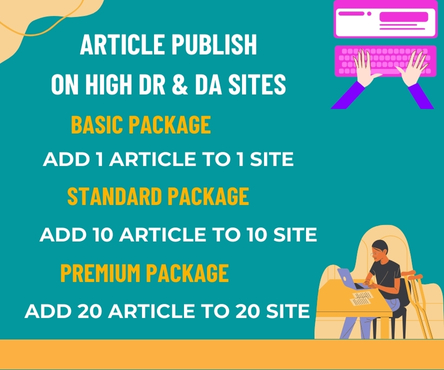Introduction:
Data is a critical component of decision-making processes across sectors in the digital era. However, manually compiling vast amounts of data can be labour- and time-intensive. Web scraping can help in this situation. Web scraping, also known as web harvesting or data extraction, is a method that makes it possible for organisations and individuals to automatically collect data from websites. This helps them to get useful insights, expedite procedures, and come to well-informed judgements. We will go into the realm of online scraping in this essay and examine its uses, advantages, and ethical issues.
How to scrape Yelp Business Reviews
Understanding Web Scraping: The automated retrieval and extraction of data from websites is known as web scraping. It entails navigating through online sites, finding the needed information, and capturing it in an organised manner using specialised software or programming approaches. Depending on the particular requirements, this material may take the form of text, photos, tables, or links. Web scraping saves time and effort by automating the data collecting process, doing away with the need for manual copying and pasting.
Web scraping has several uses in a variety of sectors, including the following:
Market Research: Companies may use web scraping to obtain information about competitors, track price trends, and examine client feedback, giving them a competitive advantage.
Lead generation: Web scraping makes it possible to collect contact details from websites, giving companies the ability to create prospect lists and generate leads.
Real estate and property listings: Web scraping may collect real estate data, such as property descriptions, costs, and locations, empowering buyers and sellers to make knowledgeable choices.
Financial Analysis: Web scraping enables financial companies to gather and analyse news stories, economic indicators, and stock market data, supporting investment research and decision-making.
Sentiment Analysis: Businesses may learn more about public sentiment and customer attitudes about their goods and services by scanning social media platforms and online discussion boards.
Gains from Web Scraping:
Savings in time and money: Web scraping automates data collection, saving time and money compared to human data collection.
Competitive Advantage: Businesses may better understand the industry, spot new trends, and stay one step ahead of the competition by obtaining and analysing data that would otherwise be difficult to get.
Improved Decision Making: Web scraping offers insightful data that may improve a variety of decision-making procedures, including price plans, product development, market research, and risk assessments.
Enhanced Efficiency: Web scraping simplifies processes and boosts operational efficiency since it can extract and handle enormous amounts of data in an organised fashion.
Ethical Considerations: Although online scraping has many advantages, it is important to respect moral standards and legal restrictions. Among the most important factors are:
Respect for Website Terms and Conditions: Only websites that accept data extraction should be used for web scraping. Before scraping data, it is crucial to read the terms and conditions or request permission from the website owner.
Personal and sensitive data must be treated with the utmost care and in accordance with data protection laws, such as GDPR (General Data Protection Regulation).
Scraping should be done politely by enforcing rate limitations and taking care to prevent the operation from overburdening or disrupting the target website’s servers.
Web scraping has become a useful technique for data extraction, allowing organisations and people to fully utilise the web. Web scraping increases operational efficiency, improves decision-making, and saves time by automating data acquisition. Web scraping must be done responsibly, nevertheless, and must adhere to server restrictions, privacy laws, and website terms and conditions. Web scraping brings up a world of opportunities when utilised properly, offering insightful data and enabling businesses to remain competitive in the data-driven economy.

